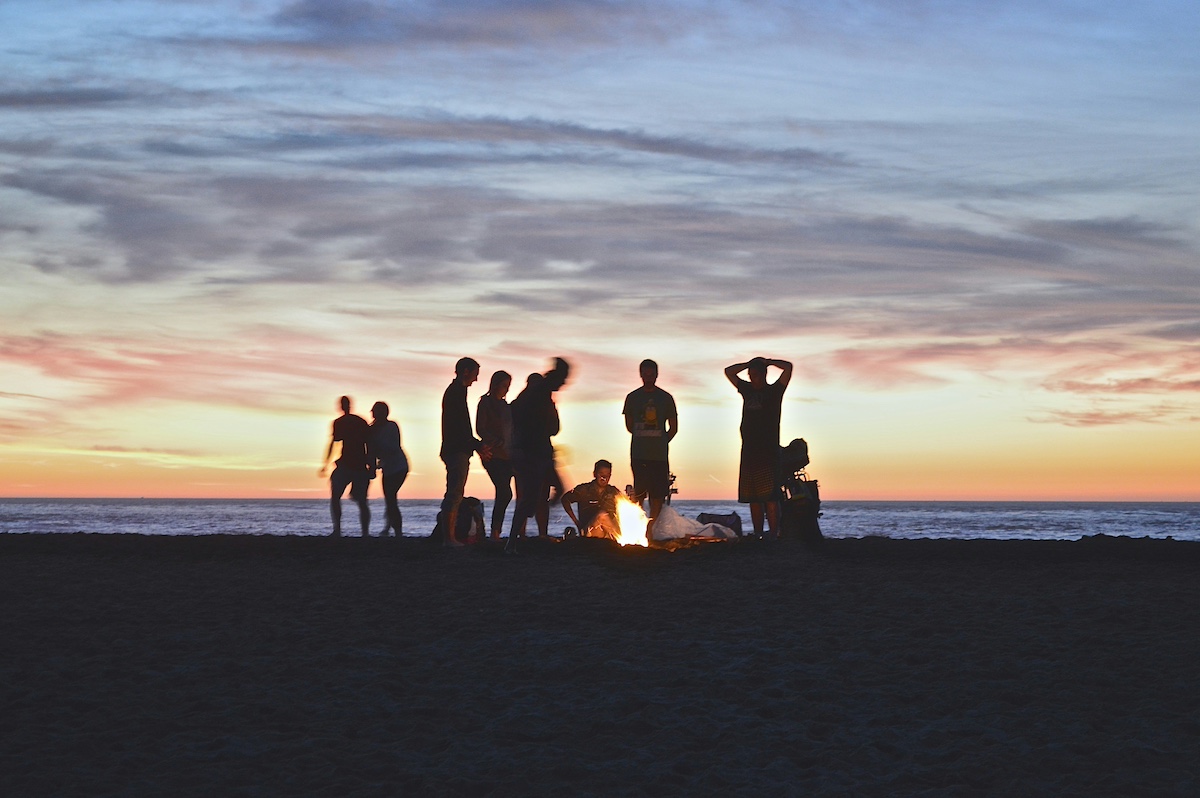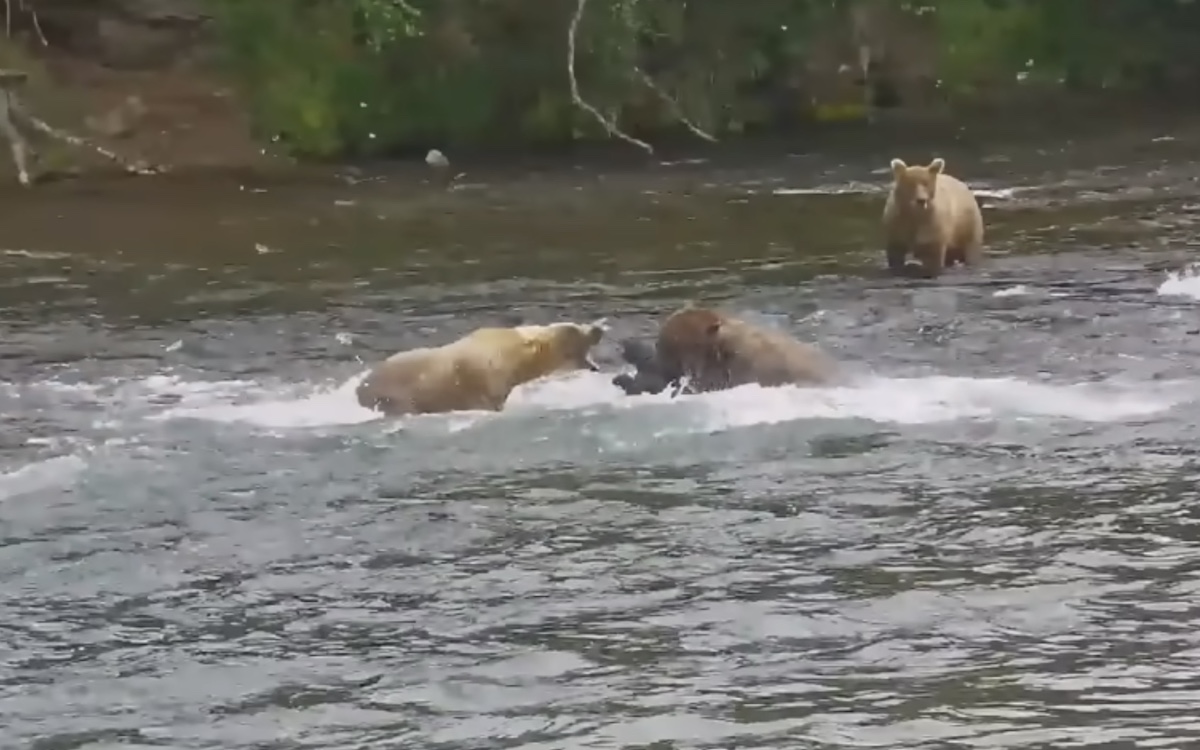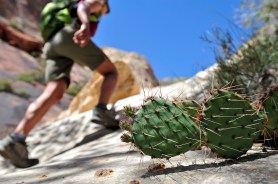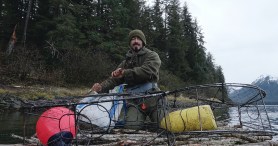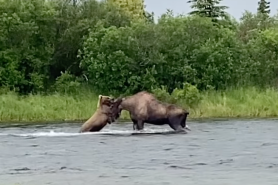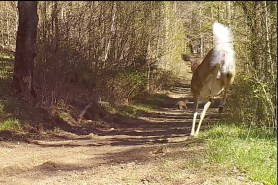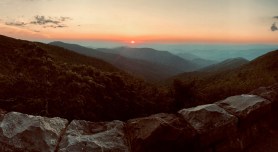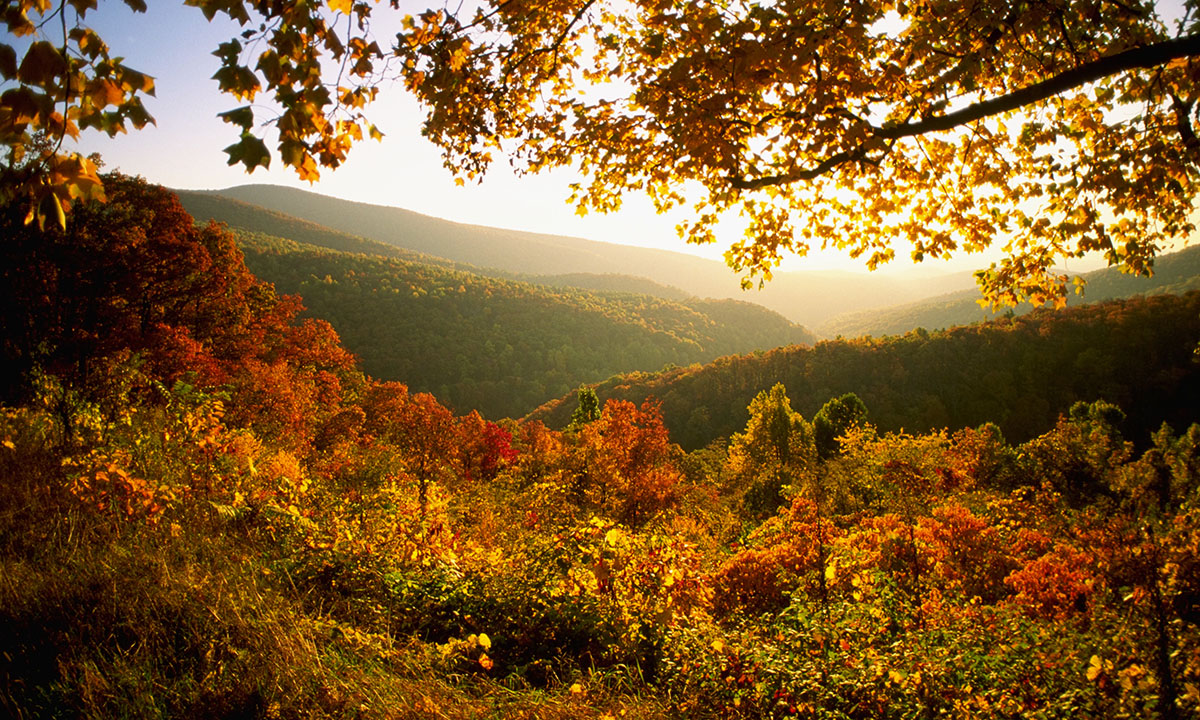

Shenandoah National Park is home to Skyline Drive, one of the best-known roadways in the country. The scenic park, which spans nearly 200,000 acres in Virginia, also draws visitors to its popular waterfalls and overlooks throughout the entire year.
Videos by Outdoors with Bear Grylls
The history and ecology of Shenandoah aren’t as well known, though. Here are five facts about the park you’ve probably never heard before.
5. It Used to Be Private Land
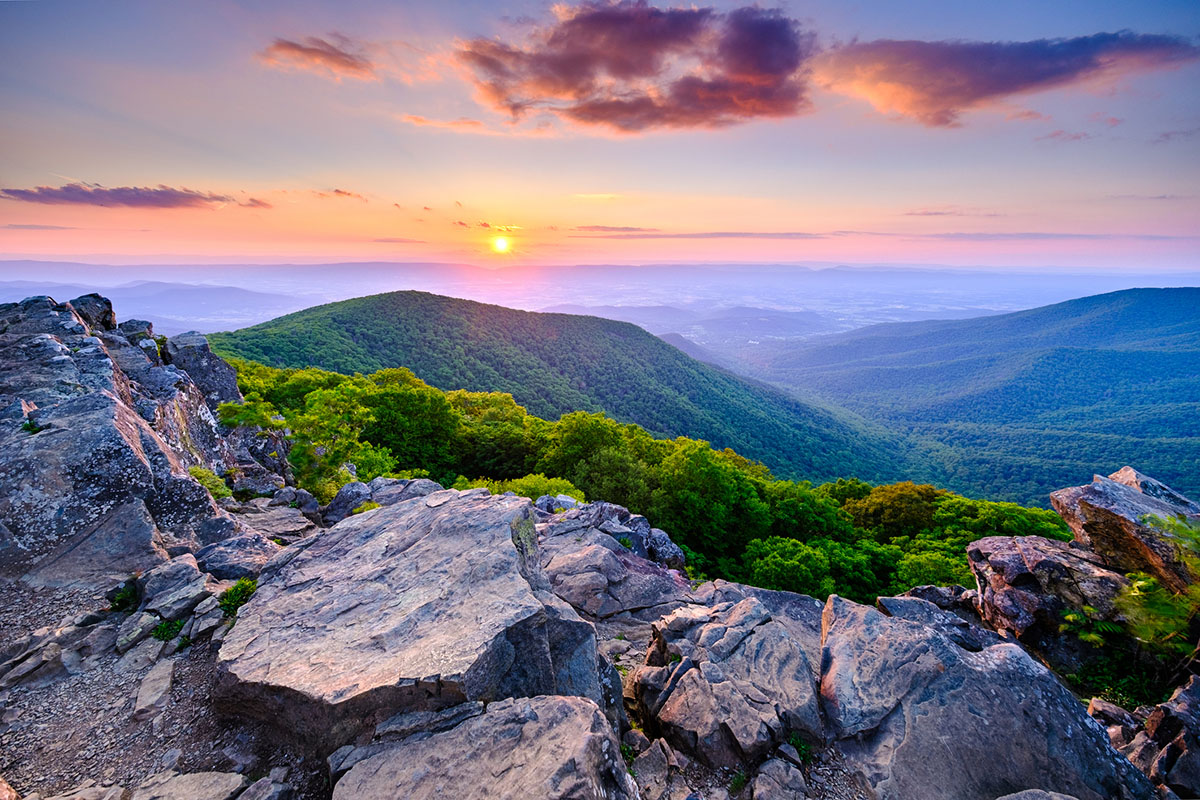
The State of Virginia took over private land in eight counties via eminent domain to create Shenandoah National Park in the 1930s. More than 450 families were displaced, including the Nicholson family, who received $783 for their 20-acre property, which included a log home, barn, and two other buildings. The park is now a great conservation effort enjoyed by more than 1 million people each year, but it cost many Virginia residents their homes nearly a century ago.
4. It’s Home to at Least 100 Cemeteries
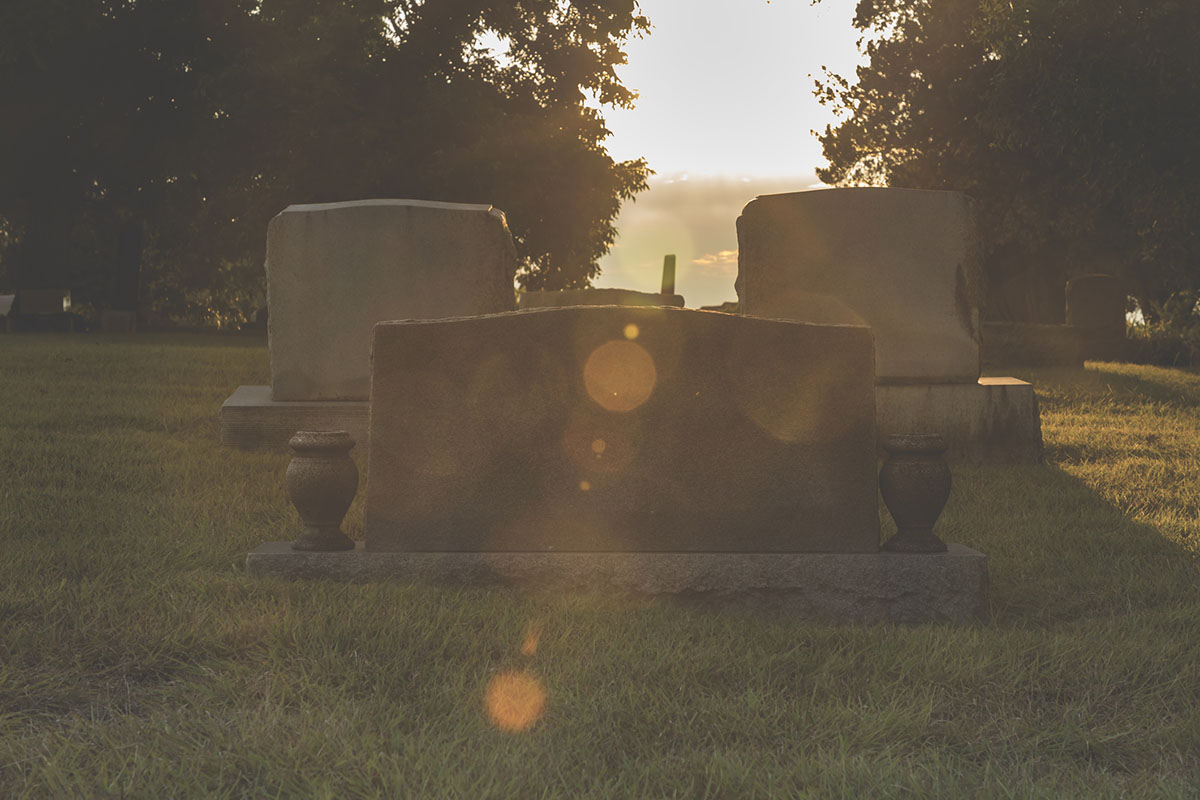
Many of the families who lived in the area that eventually became Shenandoah National Park buried their loved ones within their property lines — some marked with crude gravestones that still stand there today. The National Park Service recognizes about 100 of these small cemeteries throughout Shenandoah, although many more unmarked grave sites could exist. You won’t find a map of all these burial grounds in the visitor’s center, but some are marked along well-traveled trails. If you’re exploring the northern end of the park, you can stop by the well-known Fox Hole Cemetery, where generations of Fox family members were once laid to rest.
3. Shenandoah Has Its Own Salamander
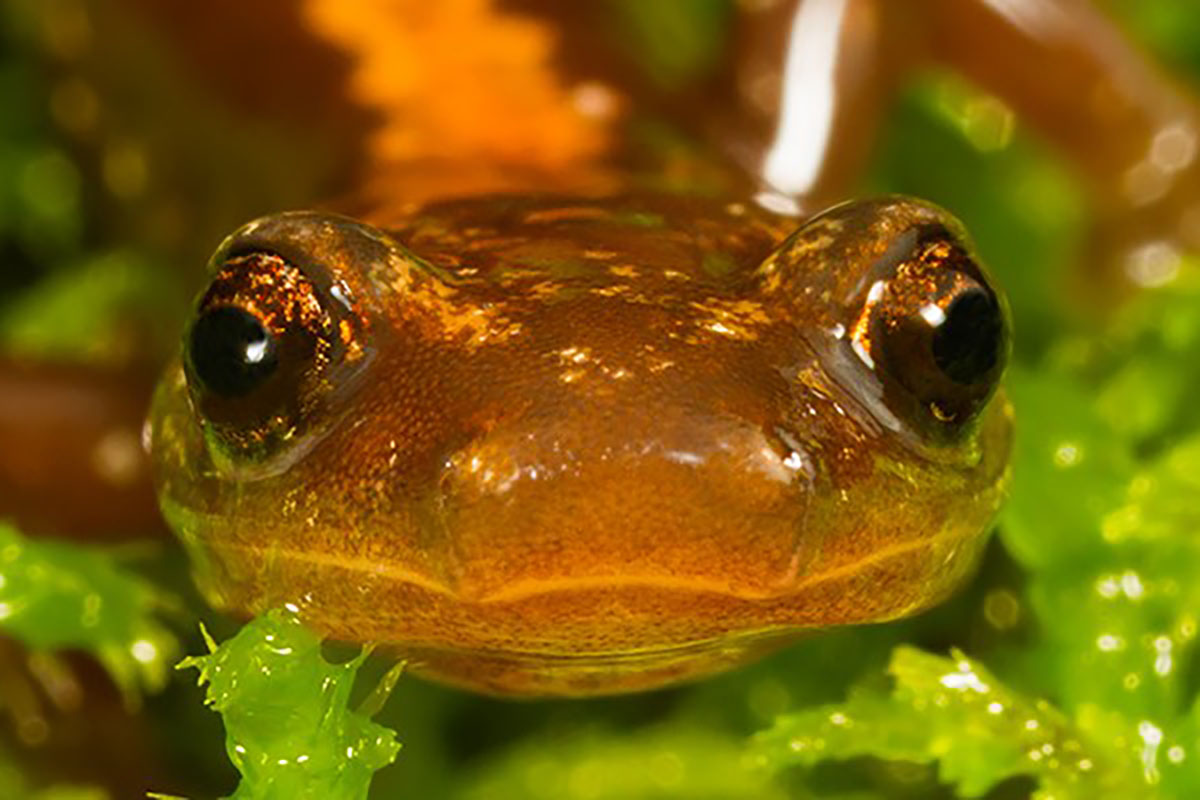
A small member of the Plethodontidae family, the Shenandoah salamander is
found exclusively on high-elevation peaks within the national park where the conditions are cool and moist. These amphibians either sport a narrow yellow-to-red stripe down the back or brass-colored flecks. They feed on small insects and can live up to 25 years. Because of their limited range and specific habitat requirements, Shenandoah salamanders have been listed as a Federally Endangered Species since 1989. So if you spot one in the park, be sure to keep your distance.
2. There Are More than 1,400 Plant Species and 300 Wildlife Species
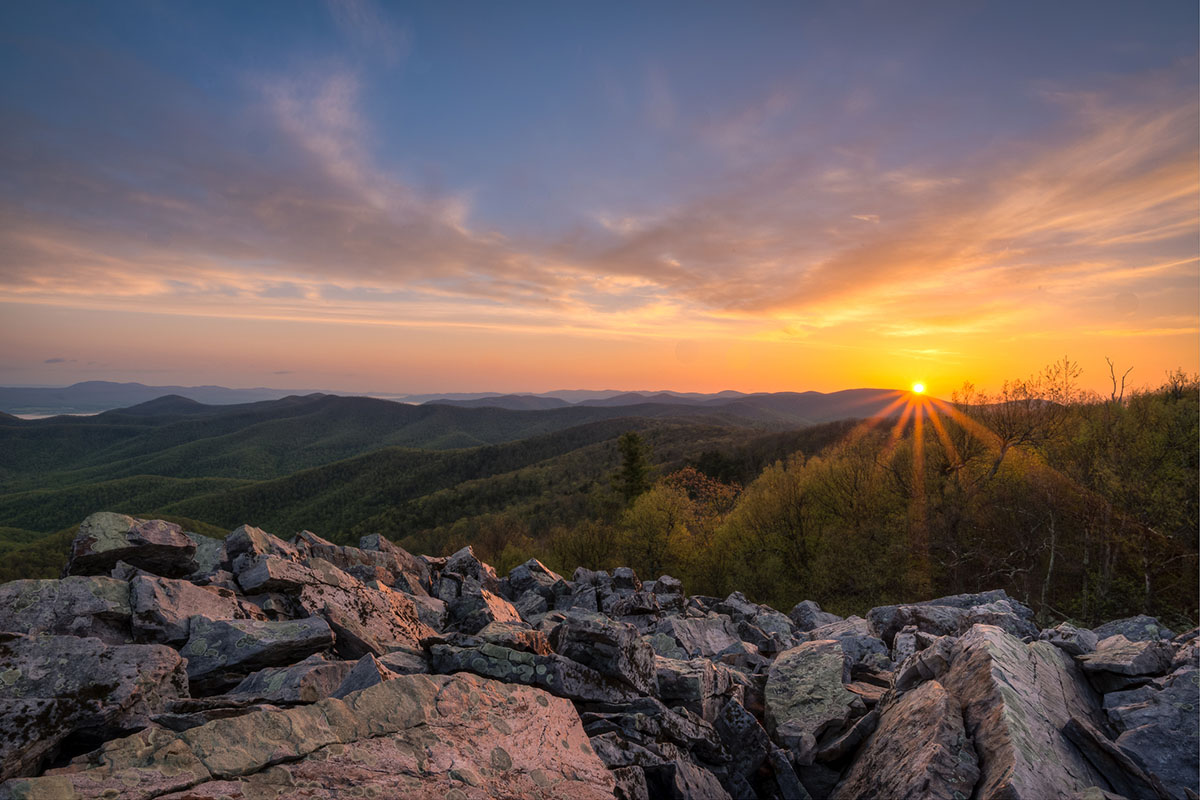
The Shenandoah salamander isn’t the only cool critter you might see here — hundreds of living things call the park home. Biologists estimate as many as 1,000 black bears roam this portion of the Blue Ridge Mountains, as well as animals such as bobcats, whitetail deer, and big brown bats. Many species of migratory birds use this travel corridor, while tufted titmice, red-tailed hawks, and barred owls live in the park year-round. You might also come across a box turtle or one of 41 fish species in Shenandoah’s many bodies of water. And if you love plant life, the park boasts more than 1,400 different species to spot.
1. A U.S. President Once Lived Here
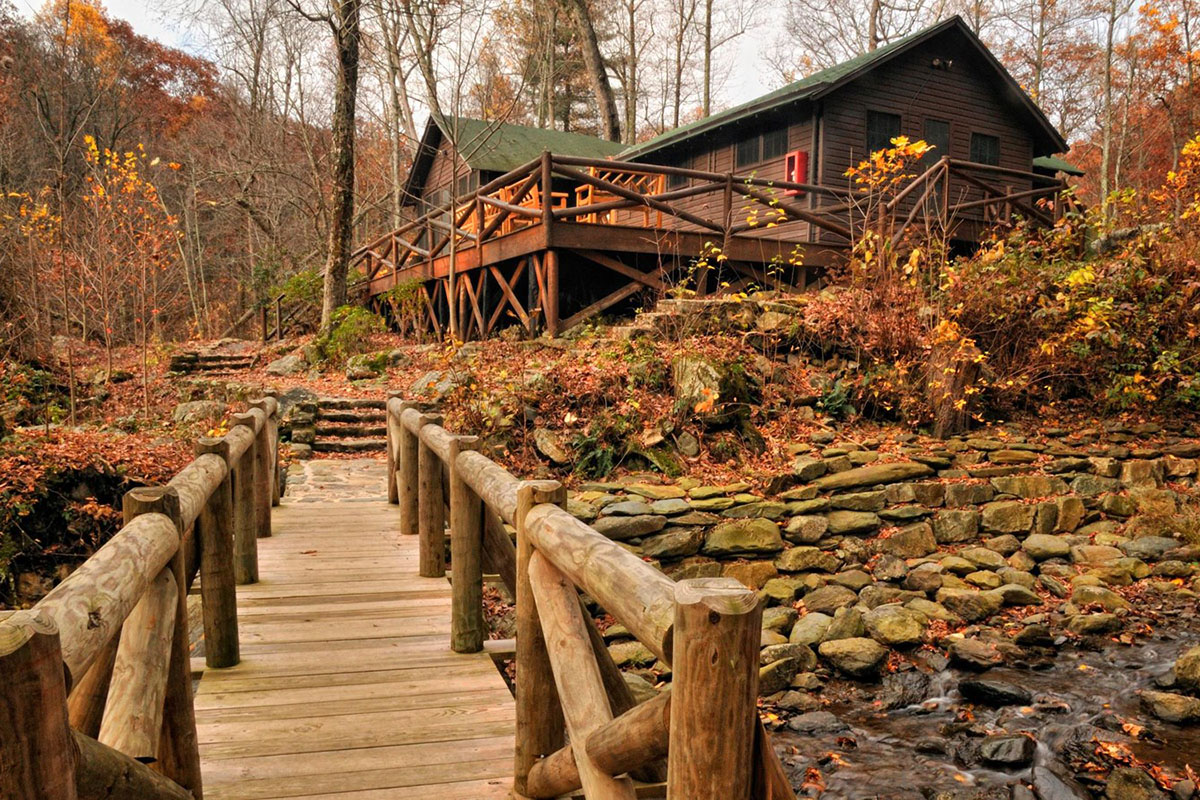
President Herbert Hoover and his wife Lou Henry built Rapidan Camp in 1929 as a restful retreat for the first family. Hoover valued time in the great outdoors and once said, “I have discovered that even the work of government can be improved by leisurely discussions of its problems out under the trees where no bells or callers jar one’s thoughts.” Now a National Historic Landmark dubbed “Camp Hoover” or the “Brown House” (in contrast to the president’s usual White House), Rapidan Camp is still accessible to visitors via ranger-guided tours, a 4-mile hike, or horseback trails.
Read more facts about the National Parks:
- Great Smoky Mountain National Park
- Rocky Mountain National Park
- Isle Royale National Park
- Big Bend National Park
- Zion National Park
- Voyageurs National Park
- Glacier National Park
- Joshua Tree National Park
- Grand Canyon National Park
- Dry Tortugas National Park
- Yosemite National Park
- Arches National Park
- Olympic National Park
- Cuyahoga National Park
